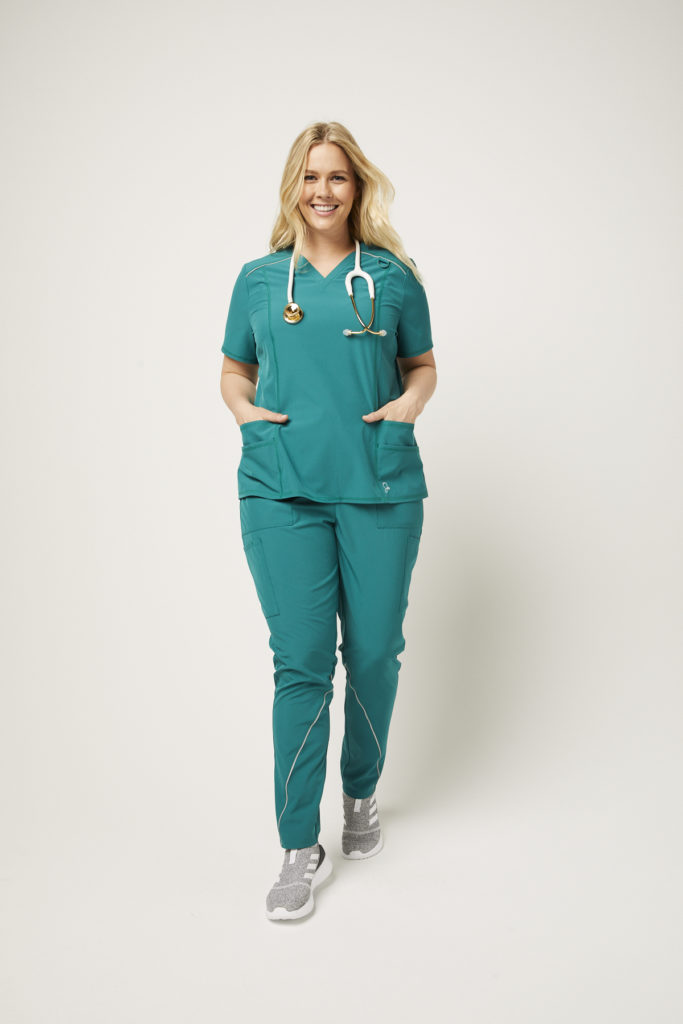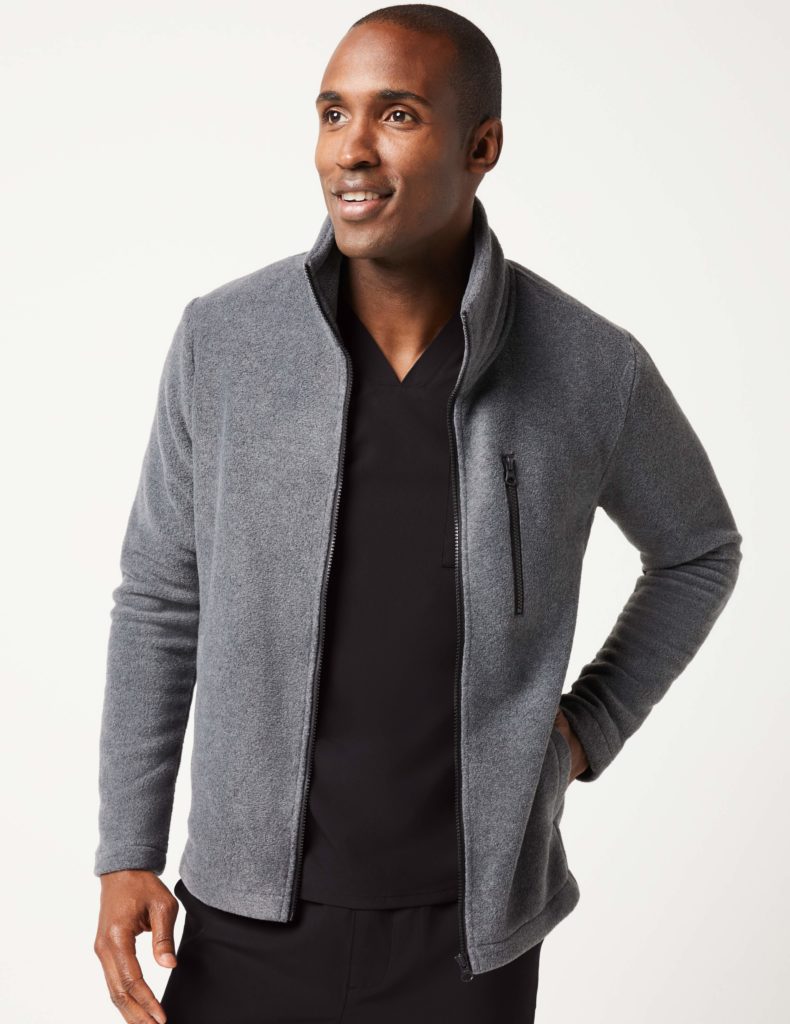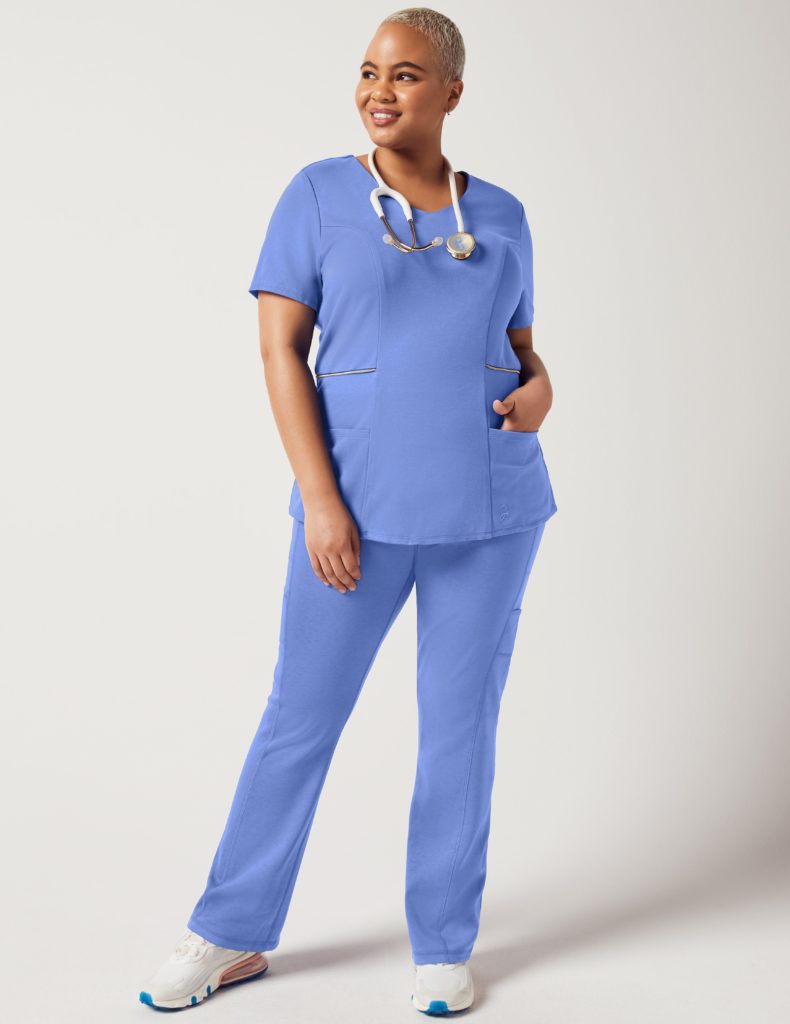
Is It Bad to Drink Coffee at Night?
If you’ve worked a night shift or simply like the taste of a double espresso after dinner, you’ve probably reached for coffee despite the hour (dismissing the voice telling you this last cup may very well keep you up).
Is it bad to drink coffee at night? There are different opinions, and they’ve done their research. We’ll present some studies about coffee late at night below.
Does drinking a coffee at night affect your sleep?
The answer to this question isn’t a simple “yes” or “no.” The effectiveness of caffeine in keeping you awake or not is the subject of much debate. Let’s break down the evidence into two camps to understand how you might arrive at each answer.
Does it?
The following information compiled by the Sleep Foundation shows that, yes, caffeine can prevent you from getting your Z’s:
- Some research shows that caffeine intake can interrupt circadian rhythms, which are the body’s clocks regulating our sleep-wake cycle.
- Coffee consumption can negatively affect your ability to get deep sleep, so you may not have as restful and refreshing a night as you’d like.
- A study shows that drinking coffee up to six hours before bed can reduce sleep time by an hour, and enjoying this drink even closer to bedtime can cause sleep disruption.
- Caffeine consumption has an energizing effect on your body and brain, making you feel restless (especially if you already consume a lot of coffee during the day), thus negatively impacting your sleep quality.
- Drinking coffee to stay up late can lead to insomnia in some cases or, at the very least, cause you to wake up in the middle of the night or have a less restful sleep in general.

Or doesn’t it?
A new study published by Oxford Academic medical journal “Sleep” shows that caffeine won’t keep you up. Here’s why: In the study, which used wrist sensors to quantify sleep duration and how quickly a subject would wake up, scientists found that those who consumed caffeine four hours before sleeping showed no changes in restfulness.
What’s the effect of caffeine on your body?
While the evidence about whether or not coffee will keep you from falling asleep may be contradictory, some facts about how caffeine affects the body are cut-and-dry:
Short-term effects
- Alertness
- Quickened breathing
- Higher blood pressure
- More frequent urination
Pro tip: If you’re worried about the short-term effects of drinking coffee, you might wonder, “How long does caffeine last in my system?” The answer is anywhere from six to 10 hours.
Long-term effects
- Jumpiness
- Dehydration
- Stomach pain
As with other substances, caffeine has less potential to negatively affect your body when you consume it in reasonable doses. What exactly is the right amount of caffeine? According to the Sleep Foundation, it’s less than 400 milligrams per day.
Since there’s no nutrition label on your cup of Joe or tea, the caffeine content can be hard to determine; however, an 8-ounce cup of coffee can contain anywhere from 95-200 milligrams, and the same sized tea can have 14-60 milligrams. If you’re wondering about another beverage not considered here, try using an online caffeine calculator to project your intake.

Why does coffee make me sleepy?
While coffee is best known for keeping most of us up, it can have the opposite effect for some. So, if you’re reading this as you crawl into bed with a latte, you may be wondering, why does caffeine make me tired?
- Caffeine can interfere with the flow of adenosine, a brain chemical that helps control our natural wake-sleep cycle. As bedtime nears, adenosine molecules bind to receptors in the brain to slow it down in preparation for sleep. Caffeine can block these receptors, which means the brain doesn’t receive the signals it usually receives to know it’s time for you to get some shuteye.
- Your body may have developed a tolerance to caffeine, so its effect isn’t as intense as when you first began consuming coffee, tea and other caffeinated drinks.
What beverages and foods are proven to be bad for sleep?
The jury may be out on whether coffee keeps you up, but the following foods, beverages and substances are proven to do so:
- Alcohol: While a glass of wine may help you relax and even feel sleepy, it can also interrupt your cycle and prevent you from getting deep rest.
- Soda: Say what you will about the caffeine in your favorite carbonated beverage, but the sugar content is a major culprit here. Sugar provides an immediate surge of energy, which isn’t exactly what you want when trying to fall asleep.
- Fatty foods: Meals with high-fat content can interrupt your sleep because they kick off your digestive process, meaning that you may find yourself waking up to use the bathroom in the middle of the night.
- Spicy foods: Indigestion is an uncomfortable symptom that some experience after downing an order of tacos or curry—sometimes so uncomfortable it can also keep you up at night.

What beverages and foods can improve sleep?
This doesn’t mean that you need to skip your evening wine, cappuccino or favorite takeout. You can still enjoy plenty of other foods and drinks before bed without negatively affecting sleep quality. These foods may help you make your way to dreamland:
- Fatty fish: Studies show that vitamin D and omega-3 fatty acids found in fatty fish (one of our favorite healthy foods) can help regulate serotonin, and a healthy flow of serotonin enables you to fall (and stay) asleep.
- Rice: Sushi night, anyone? It looks like both fatty fish and rice are good for sleep. In the case of the grain, high-glycemic-index foods (aka carbs) can help you fall asleep when eaten a few hours before hitting the hay.
- Certain fruits: Studies show the combination of antioxidants and serotonin in kiwis can extend your sleep time and up the quality of sleep. The same goes for cherries and their melatonin content.
- Water: Water is great for you, and it can help stave off uncomfortable sleep-interrupting conditions like constipation, dehydration and even crankiness.
- Chamomile tea: Contrary to popular belief, studies on chamomile’s effects on insomnia are limited; nevertheless, for centuries, many have turned to this caffeine-free herbal brew to help calm their stomachs and soothe anxiety, both of which can help you feel more comfortable and receptive to sleep when it’s time to call it a night.
Just when you thought we were only experts at crafting premium scrubs, we show up with more information on coffee than your favorite barista. We love reading up on—and then sharing with you—topics that will boost your well-being as a busy healthcare professional, no matter if you’re team coffee or tea (or decaf!).